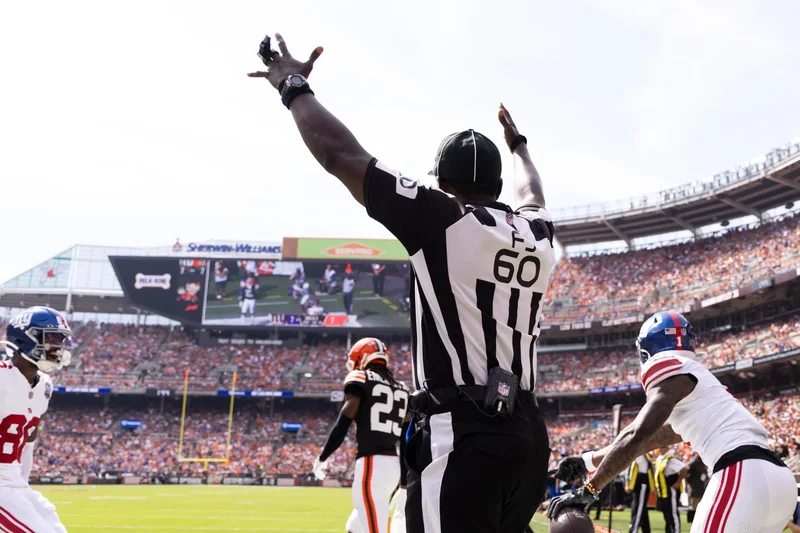Kalshi Shutdown: What Happened and Reddit Reactions
Betting on What the Talking Heads Will Say? Now That's a Market Distortion
Prediction markets are booming, or so we're told. Kalshi, PredictIt, Polymarket: names popping up more and more, promising ways to "monetize your knowledge," as Kalshi co-founder Luana Lopes Lara puts it. But let's dissect this a bit, shall we? What are we really betting on, and is this "wisdom of the crowds" argument holding water, or is it just a fancy term for legalized gambling with a tech-bro sheen?
The Illusion of Expertise
The core pitch hinges on the idea that "everyone is an expert on something." Okay, maybe. I know a disconcerting amount about obscure 80s synth-pop. But does that translate into a predictive edge on, say, the likelihood of a government shutdown? Joel Holsinger, the 26-year-old Kalshi trader mentioned, lost $700 betting on whether White House press secretary Karoline Leavitt would utter "Thanksgiving" in relation to the shutdown. (A strangely specific bet, if you ask me). He shrugged it off, saying he's had bigger wins and losses. This isn't expertise; it's speculation masquerading as insight.
Kalshi's co-founder, Tarek Mansour, claims their platform called the 2024 election results faster than the major networks. "It was like Kalshi, then Fox, then CNN," he boasts. But speed isn't the same as accuracy, and even if they were first, how much faster were they, really? Did that early call translate into a significant advantage for their users, or just bragging rights?
And then there's the Taylor Swift bridesmaid market. Seriously? I'm sure there's some correlation between public perception and the actual bridesmaid lineup, but I'd wager (pun intended) that insider information—or just plain luck—plays a far bigger role.
Regulation? What Regulation?
Here's where things get murkier. Kalshi operates in all 50 states, while online sports betting is only legal in 31. The Biden administration tried to block Kalshi from offering sports markets, but the Trump administration reversed course, and Donald Trump Jr. became a "strategic advisor" to both Kalshi and Polymarket. (The exact nature of his advice remains, shall we say, opaque). Mansour dodges questions about Trump Jr.'s specific role, falling back on the "growing the industry" mantra. Wanna bet? Online prediction markets wager that you will covers the basics of how these markets operate.
Jonathan Cohen, author of "Losing Big," cuts through the spin: "The New England Patriots are not more likely to win their game because I bought a contract for them to win the game. It is a speculative instrument purely for my own use and my own entertainment, which to me qualifies it as gambling rather than investing."

Massachusetts and other states are challenging Kalshi's sports markets, arguing they constitute "unlawful sports wagering." Kalshi, naturally, disagrees.
I've looked at enough SEC filings to know that "confidence" in your legal position doesn't always translate to a winning outcome. Details on these legal battles are scarce, but the very fact that they exist suggests a fundamental tension in how Kalshi is perceived.
The "Gamblification" of Everything
Cohen calls it the "gamblification" of American culture. It's not enough to follow politics; you have to gamble on politics. It's not enough to enjoy Taylor Swift; you have to monetize your knowledge of her streaming numbers. (And this is the part of the trend I find genuinely unsettling).
But how far does this rabbit hole go? Is there a point where turning every event into a betting market actually distorts the event itself? If enough people are betting on a government shutdown, does that create a perverse incentive for politicians to actually cause a shutdown, just to cash in? (I'm not saying it does, but the possibility is worth considering.)
Consider the New York City mayoral race example. Candidate Zohran Mamdani, on October 26th, cited Kalshi odds putting his chances of victory in the "90s." Did that influence voter turnout? Did it create a self-fulfilling prophecy, or a false sense of security among his supporters? We don't have the numbers to say definitively, but the potential for manipulation is undeniable.
So, What's the Real Story?
The idea that prediction markets are some kind of pure, unbiased reflection of collective wisdom is, frankly, ludicrous. They're just another form of gambling, dressed up in Silicon Valley buzzwords and potentially vulnerable to manipulation.
Tags: kalshi
Hyundai's Labor Lawsuit: Exploitation Claims vs. Market Position
Next PostAster Price Surge: What's Behind the Jump and the Future of the Coin
Related Articles
